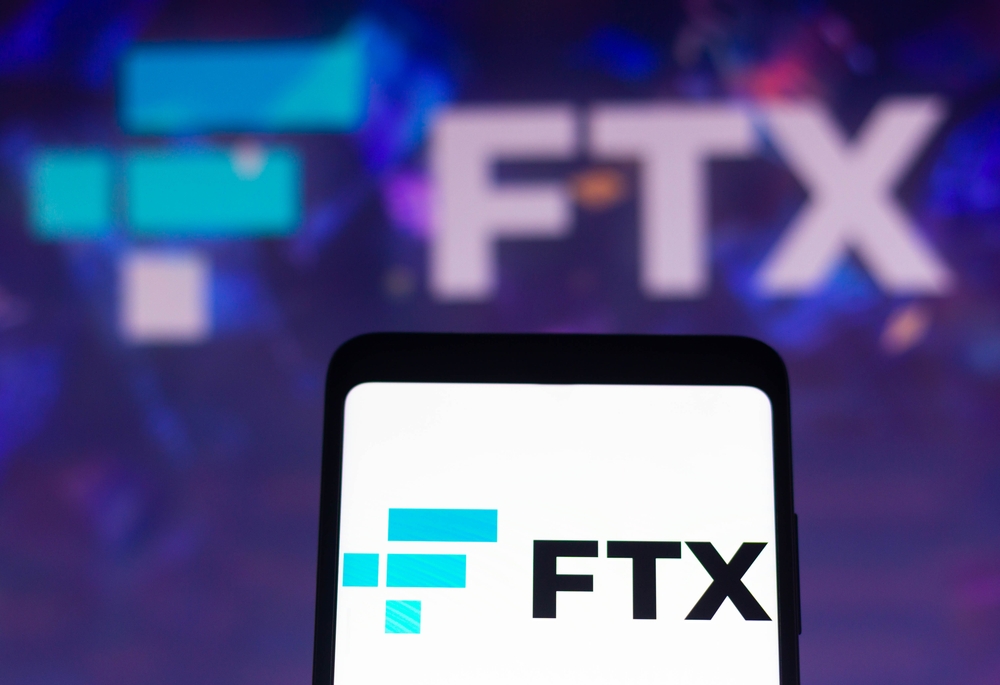In a civil lawsuit filed on Thursday, Daniel Friedberg, a former compliance officer, was sued by FTX. The charges revealed that he played the top management’s ‘fixer’ role and threatened informants intending to reveal information concerning the indecency of the collapsed exchange.
Friedberg played a role in holding together an insecure scheme at FTX insiders’ request. Friedberg served two roles concurrently, including FTX United States’ chief compliance officer and Alameda Research’s general attorney. The latter was established by Sam Bankman-Fried and collapsed together with FTX last November.
Compliant Executive Role in Deceitful Scheme Unmasked
According to the complaint, Friedberg has been accused of disregarding a supposed absence of internal controls in Bankman-Fried’s crypto realm. Besides, he is also accused of attaining unfounded compensation worth millions of dollars.
Purportedly, Friedberg was a major player in the deceitful scheme involving FTX’s previous management. He used his business understanding to develop a weak and fragile structure in this case. FTX’s new attorneys claimed that he acted against his trustee mandate by doing so.
He faces 11 civil charges, including corporate waste, legal misconduct, breaking trustee duty, and other charges linked to illegal transfers. Further, the trial will seek to establish damages associated with other charges.
Other charges linked to fraudulent charges aim to recover payments and interests associated with Friedberg’s income of $300000 at FTX US and a signing bonus of $1.4 million.
FTX Seeks Recovery from Equity Stake
In addition, the charges seek to reclaim an equity stake in the United States facing exchange that stands at 8 percent and a payment from Alameda worth $3 million. The organization also strives to retrieve 102 million Serum tokens.
Serum was introduced in 2020 and is a Solana-founded decentralized exchange (DEX) launched with the help of Sam Bankman-Fried. During its peak, its order book played a core role in the decentralized finance’s activity on the network. However, users fled after realizing that FTX housed its private keys. Using the current cost of $0.12, a reduction from $0.82 before the fall of things in FTX in November 2022, the SRM tokens’ worth would be $12.2 million.
The complaint shows that Friedberg and FTX insiders played a major role in the overall invasion of client exchange deposits and directing several dollars of FTX Group assets. The channeling took place via alleged investments, lending, and donations. In January, the magistrate involved in the organization’s Chapter 11 insolvency case responded to a declaration that Friedberg filed supporting the objections of two creditors regarding Sullivan & Cromwell’s hiring. Further, he dismissed Friedberg during a Zoom call following his court hearing disruption.
FTX Pursues Fraudulent Executives to Optimize Recovery of Funds
Under John Ray III, the new chief executive officer, FTX intends to have each dollar it can regain for investors and clients burned by the collapse of the exchange. Further, the organization seeks damages following Friedberg’s supposed misconduct and giving up everything he attained during his reign, including cryptocurrency, bonuses, and other valuable things.
Friedberg was responsible for risk management and managing FTX’s legal requirements in organizations linked to Bankman-Fried. The lawsuit claims that he finally failed to reveal the merging of client funds by FTX via the provision of erroneous data to auditors.
Friedberg played a major role in buying whistleblowers’ silence as they stepped forward at FTX US and Alameda. Employees who worked at FTX-associated organizations and their respective attorneys received payments amounting to millions of dollars. Despite Friedberg being responsible for investigating workers’ complaints, there is a single instance in which he played a role in paying an FTX US worker. In this case, the employee was paid a ridiculous amount of money.
FTX Insiders Granted Unrestricted Capability to Swap Cash and Crypto
Rather than guaranteeing the presence of proper controls, Friedberg is accused of providing several FTX insiders unrestricted ability to transfer cash and crypto extensively. Within two years, this entailed more than $2 billion in transfers to insiders in FTX. According to the lawsuit, these transfers were in the form of loans.
Several Bankman-Fried’s inner circle members have admitted to the crime of misconduct associated with the criminal trial. This includes Caroline Ellison, the ex-CEO of Alameda Research, and Nishad Singh, the ex-Engineering Officer of FTX. Despite Bankman-Fried facing several charges, including money laundering and fraud, he pleads not guilty. His trial will be conducted in October.
Editorial credit: rafapress / Shutterstock.com
